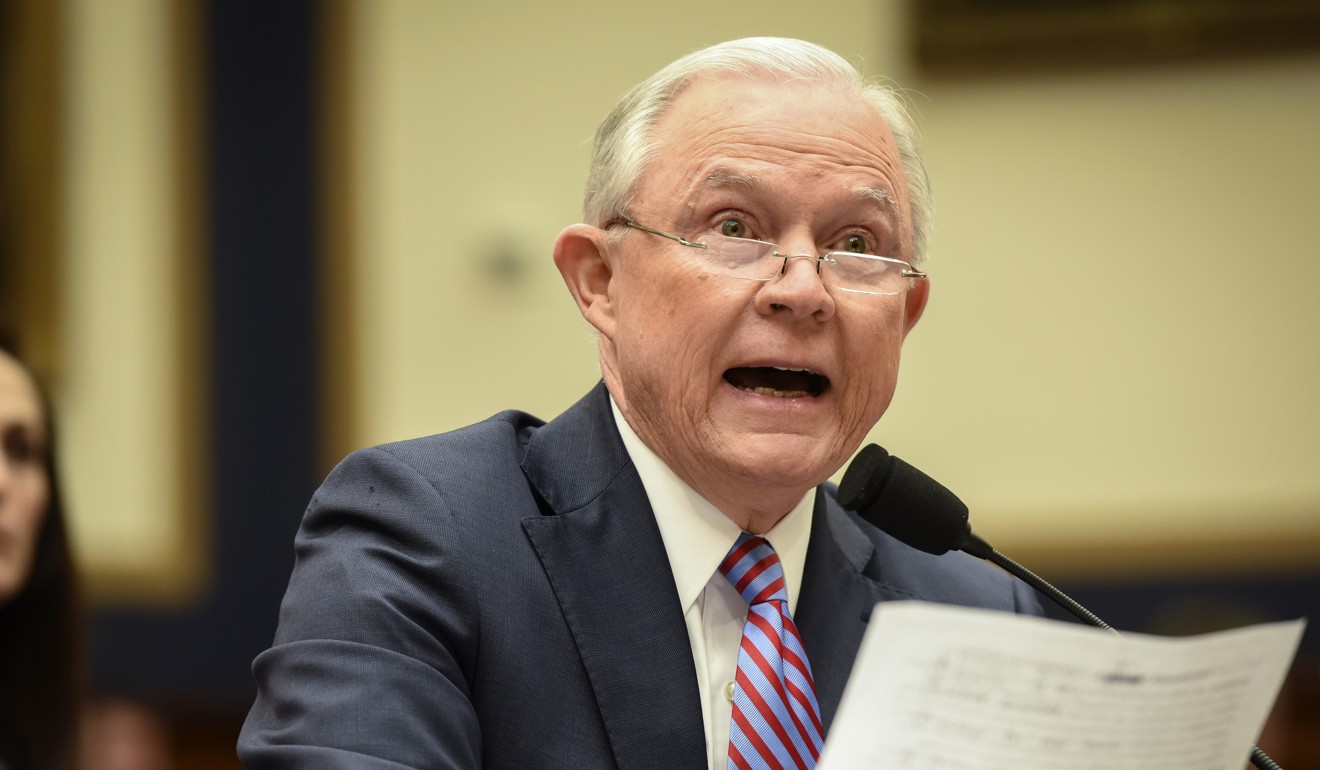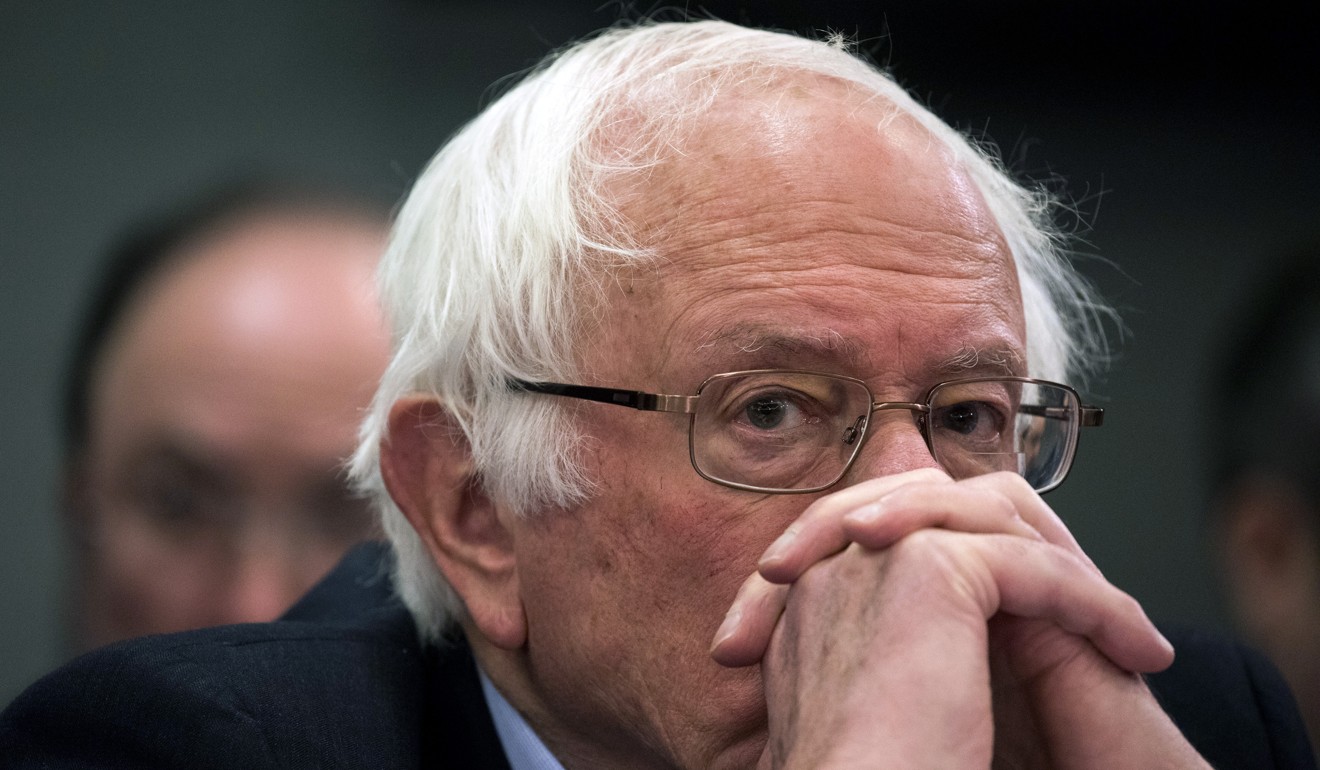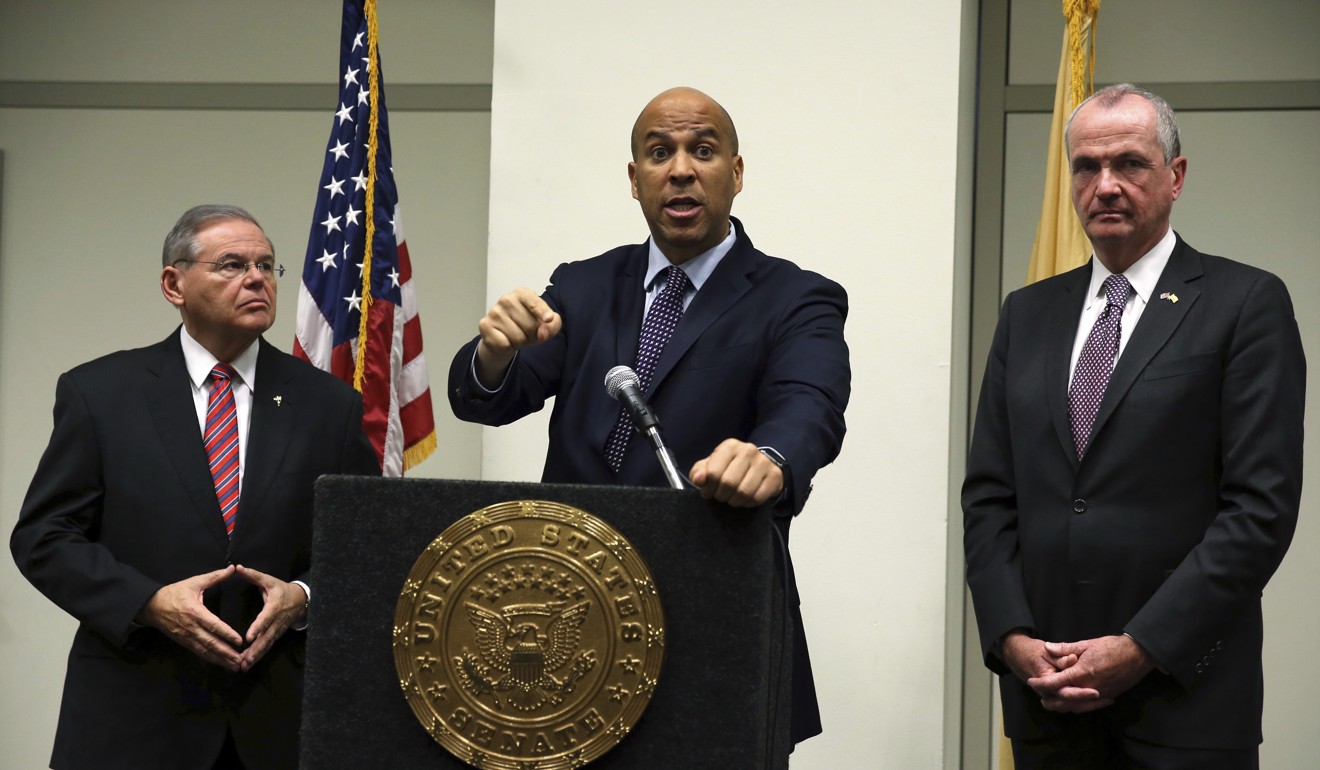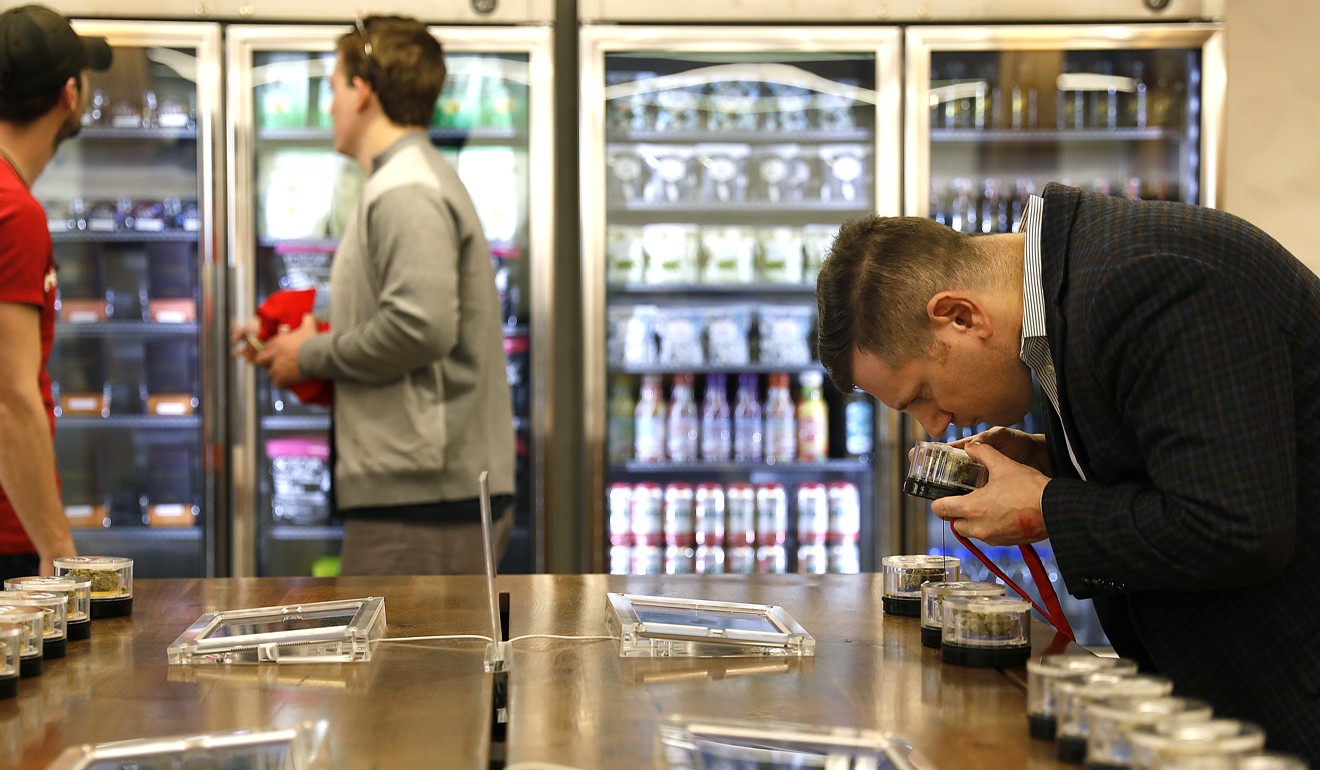
Vermont decides to legalise pot just hours after White House sets stage for national crackdown
The US state of Vermont’s house of representatives voted 83-61 on Thursday in favour of a bill that would fully legalise the possession of up to an ounce of marijuana and allow individuals to grow up to six marijuana plants at home.
The bill is expected to win approval in the Senate, which passed a nearly identical version last year. The state’s Republican governor, Phil Scott, has already said he is “comfortable” with the legislation and has signalled he would sign it.
If that happens, it would make Vermont the first state to legalise recreational marijuana through the legislature, rather than via a statewide ballot initiative.
But Thursday’s House vote was significant for another reason: Just hours earlier, US Attorney General Jeff Sessions announced the removal of long-standing federal protections for state-legal recreational marijuana programmes.

Under America’s national federal laws, marijuana is illegal, but an Obama-era memo told federal agencies not to intervene in states that have legalised the drug provided it was being kept out of the hands of youths.
Now Sessions has removed the memo, allowing the federal agencies overlooking each state to choose how they are to deal with the sale and use of marijuana - creating confusion over its legality.
That decision weighed on some Vermont legislators, who cited it when introducing amendments that would delay implementation of the bill, according to the Burlington Free Press. But those changes were voted down.
Lawmakers in the Vermont Senate, which is poised to take up the bill next week, were similarly defiant.
“Apparently, [Sessions is] more troubled by an 80-year-old using medical marijuana to treat a terminal health condition than he is by coordinating election strategy with Russians,” said Senate President Pro Tempore Tim Ashe.
In a statement on his website, Vermont Senator Bernie Sanders rebuked Sessions’ decision, and claim that marijuana is like heroin.

“No, Attorney General Sessions. Marijuana is not the same as heroin,” Sanders wrote. “No one who has seriously studied the issue believes that marijuana should be classified as a Schedule 1 drug beside killer drugs like heroin. Quite the contrary.
“We should allow states the right to move toward the decriminalization of marijuana, not reverse the progress that has been made in recent years.”
Democrats across the nation have denounced Sessions’ move.
“Parents should be able to give their sick kids the medicine they need without having to fear that they will be prosecuted,” said Senator Kirsten Gillibrand of New York.
“Veterans should be able to come home from combat and use the medicine they need without having to fear they will be prosecuted.
“This is about public health, and it’s about reforming our broken criminal justice system that throws too many minorities in prison for completely non-violent offences.”
Senator Cory Booker of New Jersey, who favours legalising marijuana outright, said in a statement and a floor speech that Sessions was “determined to revive the failed War on Drugs,” and needed to be stopped.

“History has shown that our deeply broken drug laws disproportionately harm low-income communities and communities of colour and cost us billions annually in enforcement, incarceration, and wasted human potential, without making us any safer,” said Booker.
“This unjust, backwards decision is wrong for America, and will prove to be on the wrong side of history.”
Vermont legislators’ decision to move forward against Sessions’ change is emblematic of the difficulties the Justice Department will face if it attempts to crack down on state-legal marijuana operations.
Lawmakers in states that have already passed legalisation measures tend to be fiercely protective of them, particularly when the question of federal interference arises.
Vermont’s bill also differs from marijuana legalisation measures passed in other states in that it does not set up a commercial market; buying and selling pot would remain prohibited.
With no large-scale marijuana growing and selling operations, Vermont would not offer much in the way of targets for zealous federal prosecutors.
The public, meanwhile, appears eager to see an expansion of legal marijuana nationwide. Nearly two thirds of American adults said marijuana should be legal.

Michigan voters are likely to see a marijuana legalisation measure on the ballot this November, and New Jersey’s new Democratic governor has pledged to legalise marijuana in that state.
Senator Kamala Harris, a former state attorney general in California, attacked Sessions for misdirecting the resources of the Justice Department.
“Instead of wasting money on failed policies like the ‘War on Drugs,’ the Department of Justice should be directing federal resources toward working with local law enforcement to clamp down on transnational criminal organisations and the trafficking of guns and human beings,” said Harris.
“In a weird way, I think the Sessions move might actually help us by accelerating efforts to change federal marijuana laws,” said the chair of the advocacy group Marijuana Majority.
“Whereas until now we’ve sort of been operating in a grey area, I think it’s now clear that a permanent resolution is needed.
“That is reflected in the fact that so many lawmakers from across the political spectrum are pushing back hard right now.”
The next state-level challenge to federal marijuana policy will happen next week, when New Hampshire legislators take up a legalisation bill of their own.

